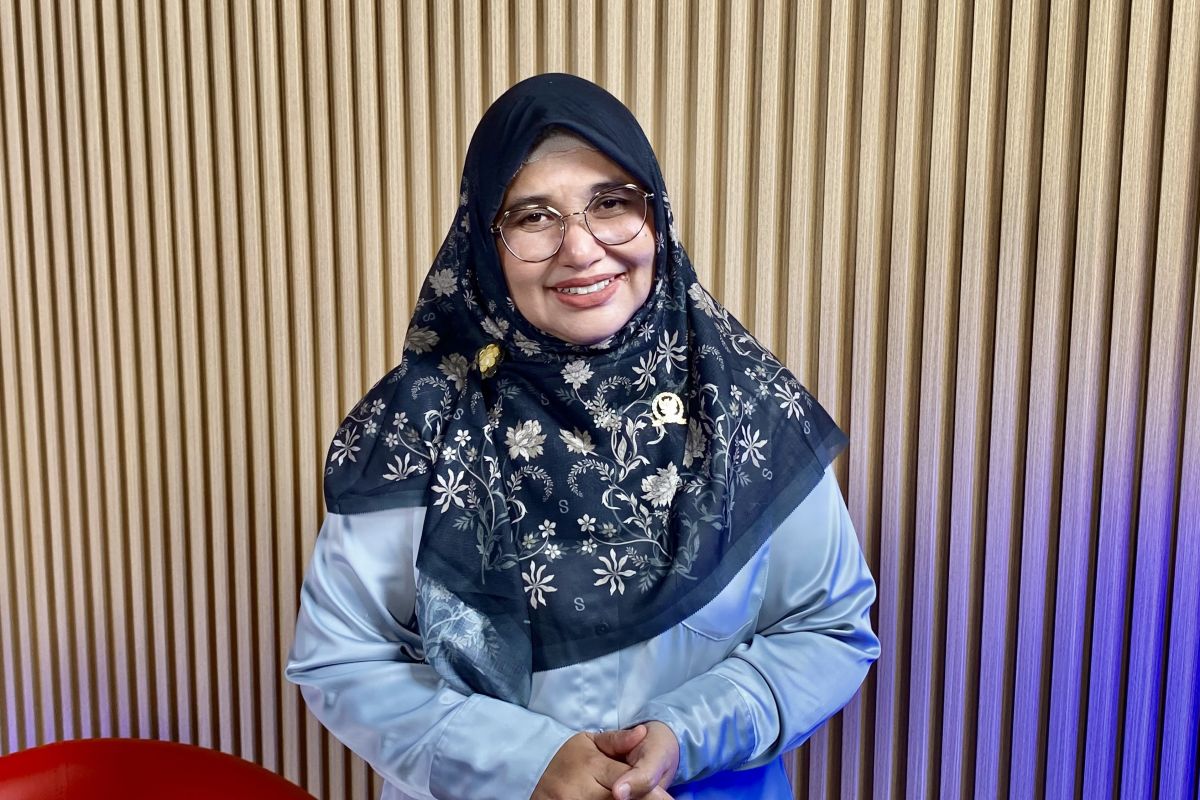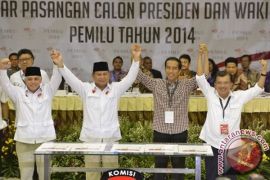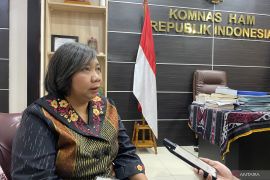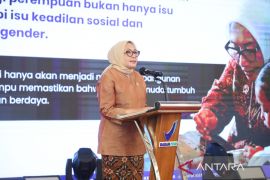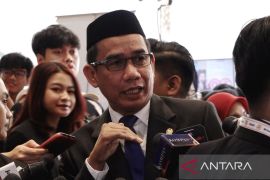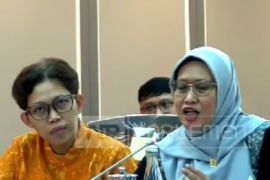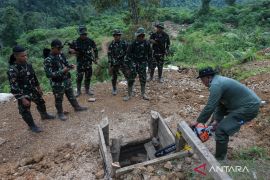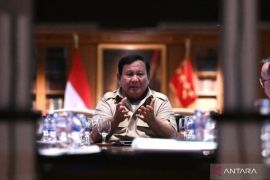The enactment of the Bill, which has been pending in the House of Representatives (DPR) for 21 years, is considered an important step to fulfill Indonesia’s obligations under human rights instruments, ensure justice, and provide maximum protection to vulnerable groups.
“President Prabowo Subianto’s commitment on May Day 2025 and the inclusion of the PPRT Bill in the 2025–2029 Priority National Legislation Program (Prolegnas) are significant moments and a positive signal for the immediate enactment of the PPRT Bill,” deputy chairperson for external affairs at Komnas HAM, Putu Elvina, said in a statement received in Jakarta on Thursday.
Komnas HAM has urged lawmakers, particularly the DPR and the government, to fully leverage this momentum to provide legal certainty, protection, and justice to approximately 4.2 million domestic workers in Indonesia.
“Most of them are women and (belong to) vulnerable groups,” she highlighted.
Elvina informed that in 2024, Komnas HAM received 47 complaints of alleged human rights violations against domestic workers.
The complaints included allegations of physical, psychological, and sexual violence; wage and labor discrimination; exploitation, forced labor, and modern slavery; human trafficking; as well as exclusion, restriction of freedom, and inhumane treatment.
A 2024 study by the commission found that domestic workers continue to live without job security, legal protection, and human labor guarantees. This has resulted in widespread and continuous human rights violations.
In response to these complaints and findings, Komnas HAM has advised the Legislative Body (Baleg) of the DPR that the PPRT Bill should cover at least five key areas to provide the best human rights protection.
First, it must recognize domestic workers as legitimate workers, not just helpers. Second, it must guarantee social security and protection, including fair wages, health guarantees, humane working conditions, and protection from violence.
Third, it must eliminate discrimination by integrating human rights and gender approaches. Fourth, it must ensure monitoring and law enforcement by optimizing the roles of the government, regulatory agencies, and law enforcement institutions.
Fifth, it must safeguard the protection of vulnerable domestic workers, including accommodating the needs of workers with disabilities, minors, and migrants.
“With the enactment of the PPRT Bill in 2025, it is expected that the protection of domestic workers from violence, discrimination, and modern slavery can be improved to achieve justice, dignity, and equality, as well as fulfill the country’s Constitutional obligations,” Elvina said.
Related news: May Day: MPR presses for passing domestic worker protection bill
Translator: Fath, Azis Kurmala
Editor: Primayanti
Copyright © ANTARA 2025
